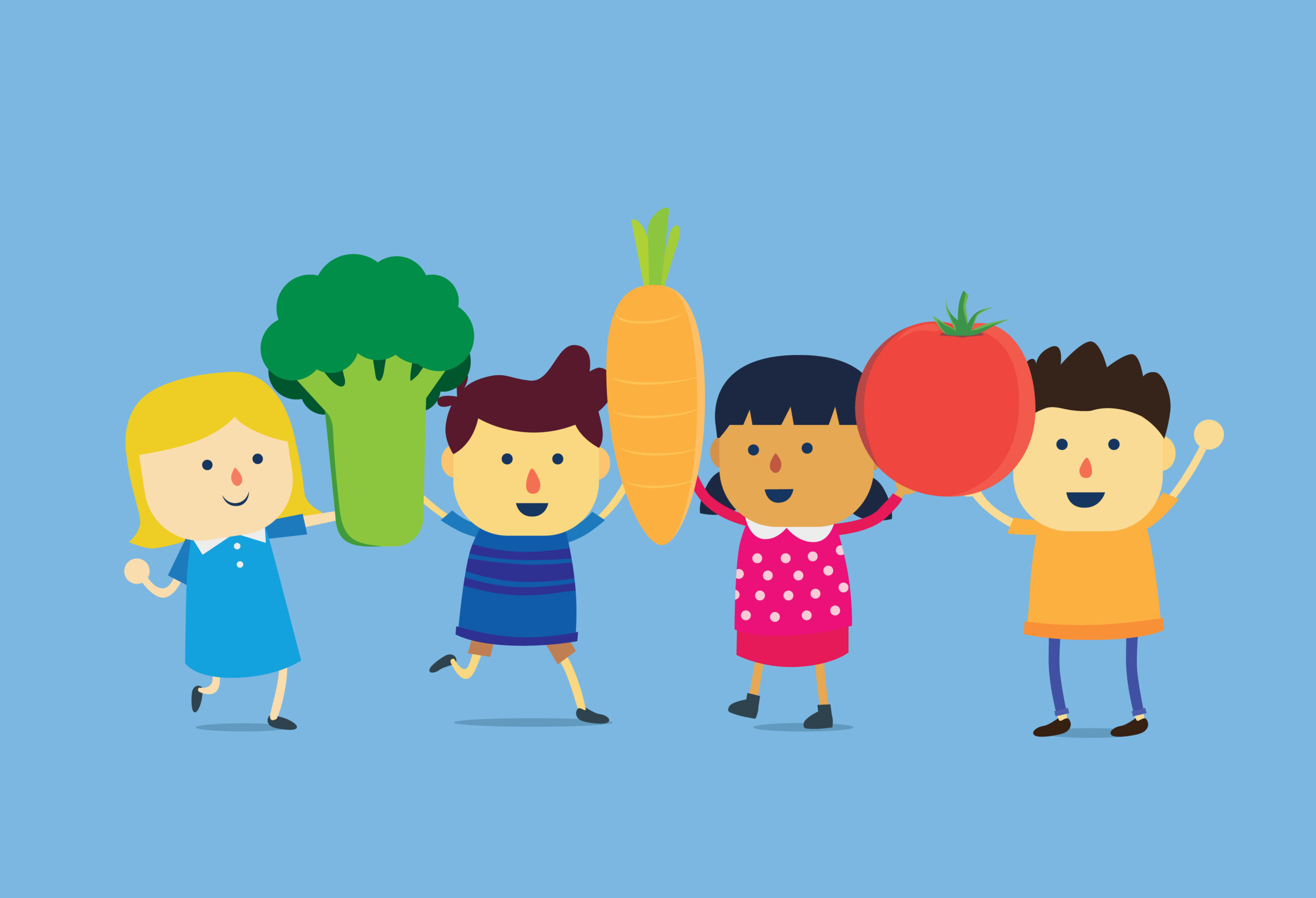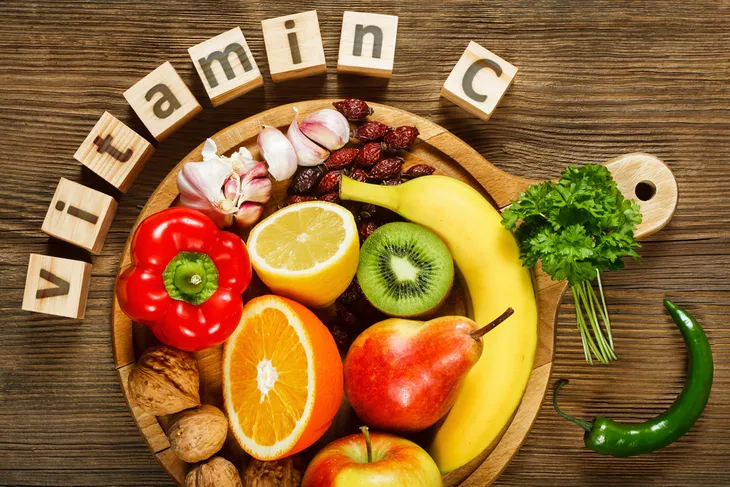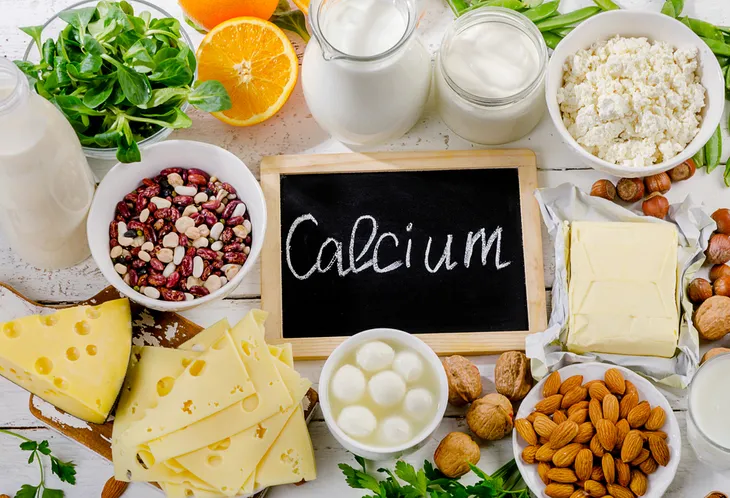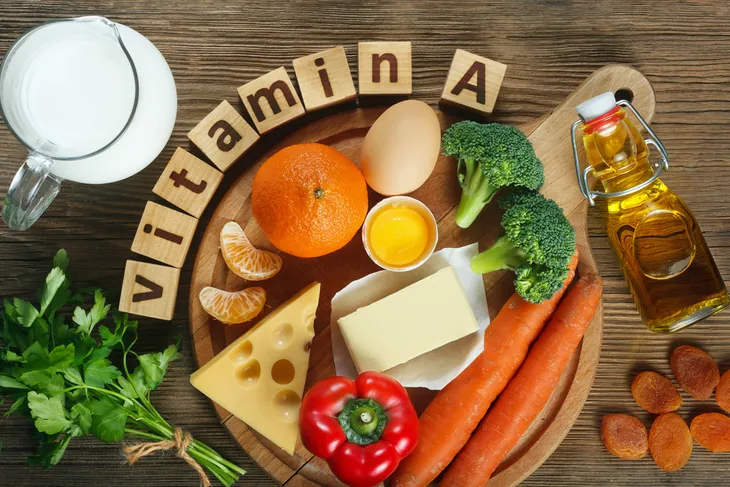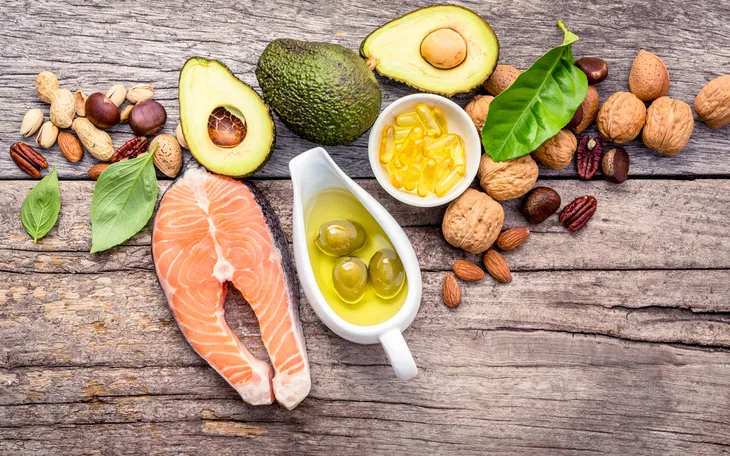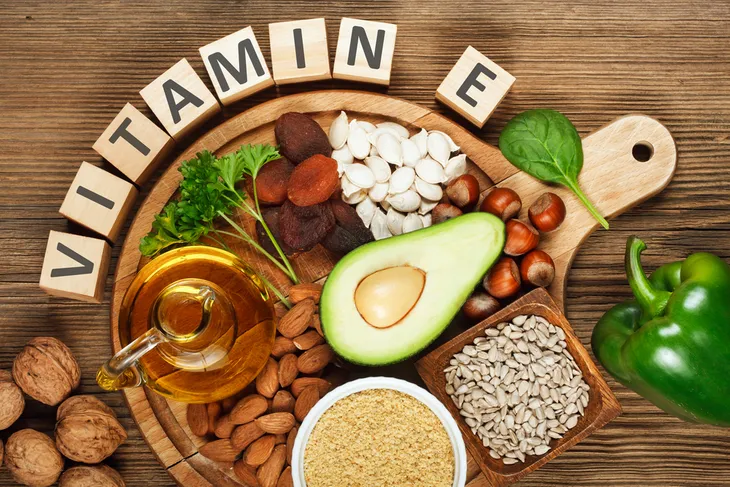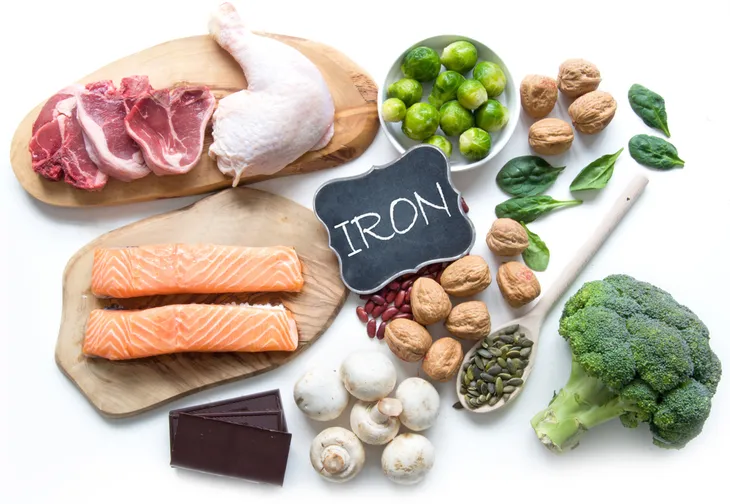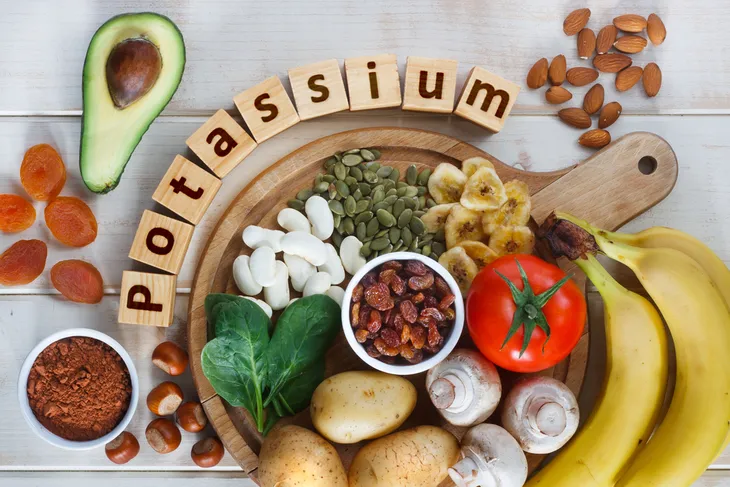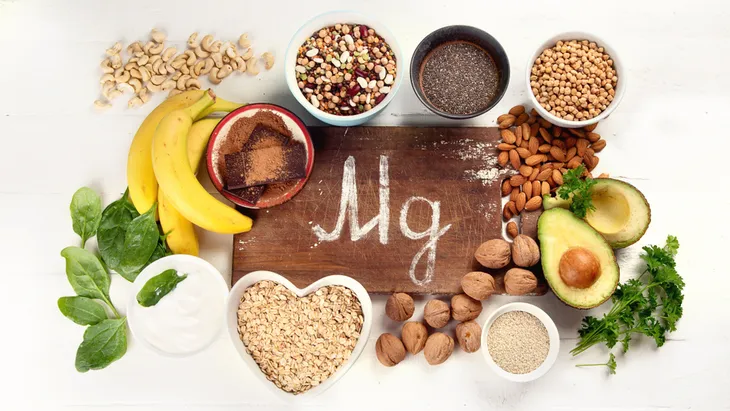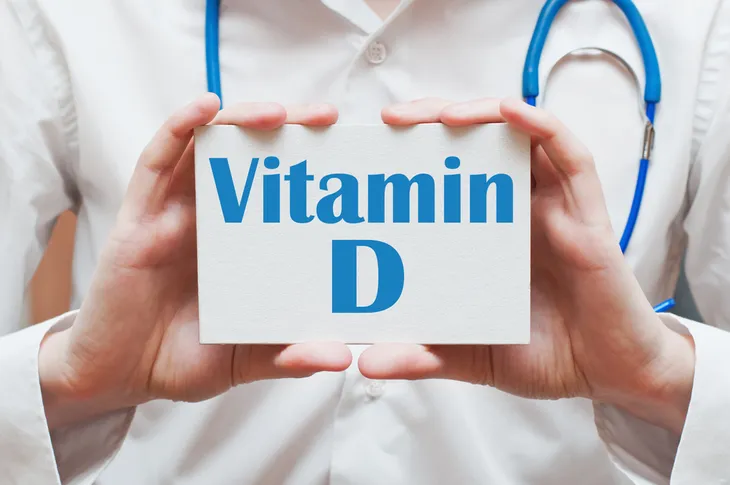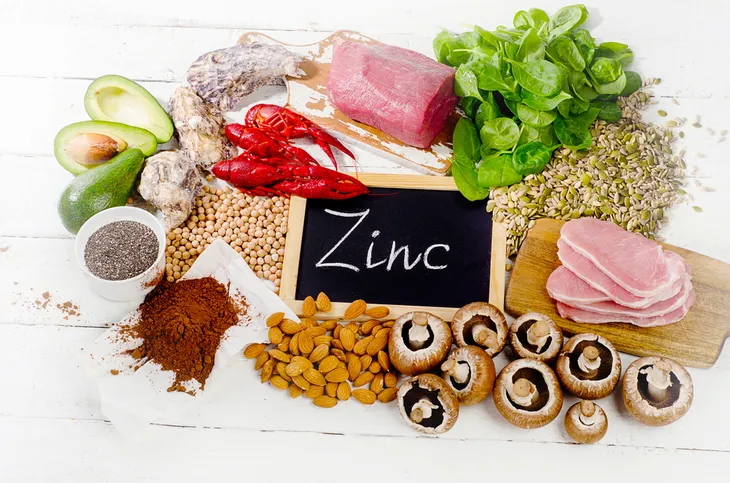As parents, we often worry about whether or not our kids are getting all the essential vitamins and nutrients they need to stay healthy and active. Eating a well balanced diet is definitely part of warding off illness, staying focused, and having the energy necessary to, well, be kids.
The following 11 nutrients are vital for each and every child…
Vitamin C
We already know that vitamin C protects little bodies from sneezes and sniffles. Sure, C vitamin fights off germs like a pro, but it also fights infection and speeds up the healing time for boo-boos that kids are so prone to. So be sure to serve your child more than a daily glass of orange juice. Ensure a diet high in fruits and veggies like strawberries, tomatoes, sweet red peppers, cantaloupe, and mango.
Calcium
Many parents already know that calcium is responsible for building strong bones and teeth in kids. However, consuming a diet high in calcium is a proactive measure too as this nutrient helps lessen the risk of bone disease in adult life. That’s why a big glass of low fat milk with meals, low fat yogurt and cheese are all great sources of calcium for kids.
Vitamin A
Vitamin A helps strengthen your child’s eyesight when it comes to color definition and vision at night. But a plate piled high with carrots, cantaloupe, and sweet potatoes will also strengthen their little immune systems.
Essential Fatty Acids
Essential Fatty Acids, or EFAs, help regenerate cell growth, strengthen brain activity, and encourage energetic, little bodies to absorb all of those vital nutrients you’re feeding them. That means a diet rich in deep water fish, like salmon and tuna, as well as nuts, seeds, avocados, and olive oil will ensure your child is eating adequate EFAs.
Vitamin E
Vitamin E rich foods such as almonds, sunflower and pumpkin seeds, and spinach, decrease free radical production, and in turn encourage a healthy metabolic process—or the absorption and breakdown of nutrients like proteins, fats and carbohydrates, into energy.
Iron
A lean serving of meat (particularly beef) as well as beans and leafy greens, ensures the transpiration of oxygen to the vital organs via the blood.
Potassium
In combination with sodium, potassium ensures the body maintains healthy blood pressure, muscle function, and heart rhythm. Good sources of potassium include bananas, kale, Brussel sprouts, broccoli, and squash.
B Vitamins
B complex vitamins feature popular names like thiamin, riboflavin, niacin, B6, B12, folate, and biotin. Without them, kids will develop anemia, a condition in which the body lacks enough healthy red blood cells to provide oxygen to body tissues. Luckily, B vitamins are found in many foods, like fish, poultry, leafy greens, dairy, and whole grains.
Magnesium
Magnesium is essential for energy production—including healthy heart function. A diet rich in magnesium features the goodness of brown rice, tofu, beans, almonds, nuts, and fibrous cereals.
Vitamin D
If you want your kids’ bones to stay strong, vitamin D is the ticket. That means a diet high in eggs, tuna, fortified milk, and fortified cereal will ensure little bodies absorb the calcium necessary to absorb vitamin D through the skin—via the sun!
Zinc
Shellfish might not be your child’s favorite food, but if you can get them to enjoy the taste of oysters or crab; you’ll ensure they’re getting adequate stores of zinc, which aids healthy digestion and metabolism.
For more articles like this one, check out:
